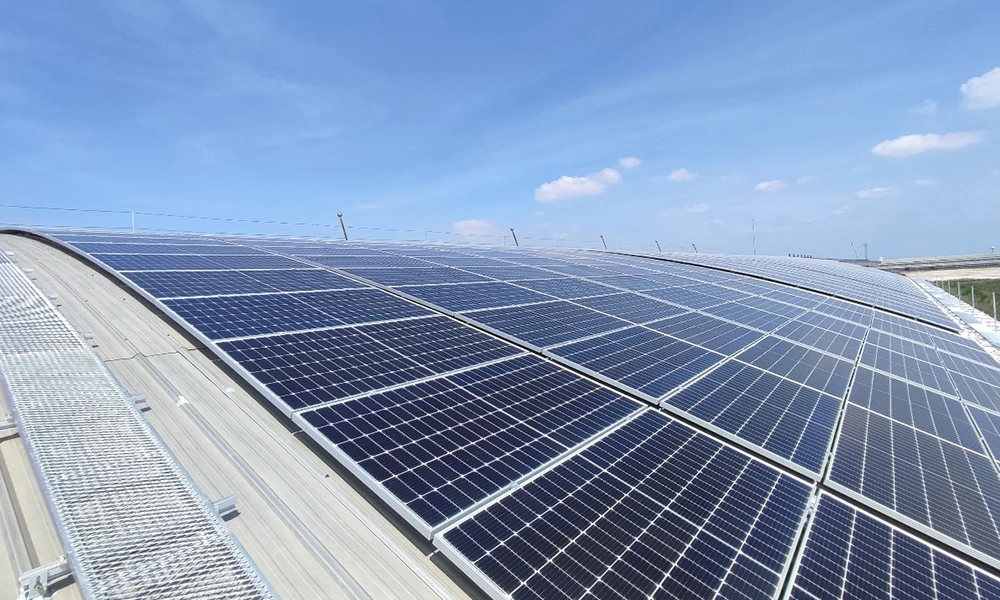- All
- Product Management
- News And Information
- Presentation
- Enterprise Branch
- FAQ
- Enterprise Video
- Enterprise Atlas
What are the environmental impacts of using microinverters
Release time:
2024-05-07 00:00

1.Reduced Carbon Emissions: Microinverters are commonly used in solar photovoltaic systems to convert solar energy into electrical energy. Using solar power can significantly reduce dependence on fossil fuels such as coal, oil, and natural gas, thereby lowering greenhouse gas emissions.
2.Increased Energy Efficiency: Compared to traditional central inverters, microinverters perform power conversion at the level of individual solar panels, reducing energy losses and enhancing the overall system efficiency. This means more electricity is produced from the same amount of solar energy, further reducing the need for fossil fuels.
3.Reduced Resource Wastage: Microinverters can operate more effectively under shaded or partially obstructed conditions, where traditional systems with central inverters would see significant output reductions. Thus, microinverters can utilize available sunlight more comprehensively, reducing resource wastage.
4.Promotion of Distributed Generation: Microinverters support the development of distributed generation systems, which bring power production closer to the point of consumption, reducing energy losses associated with long-distance transmission and the environmental impact of related infrastructure.
News












